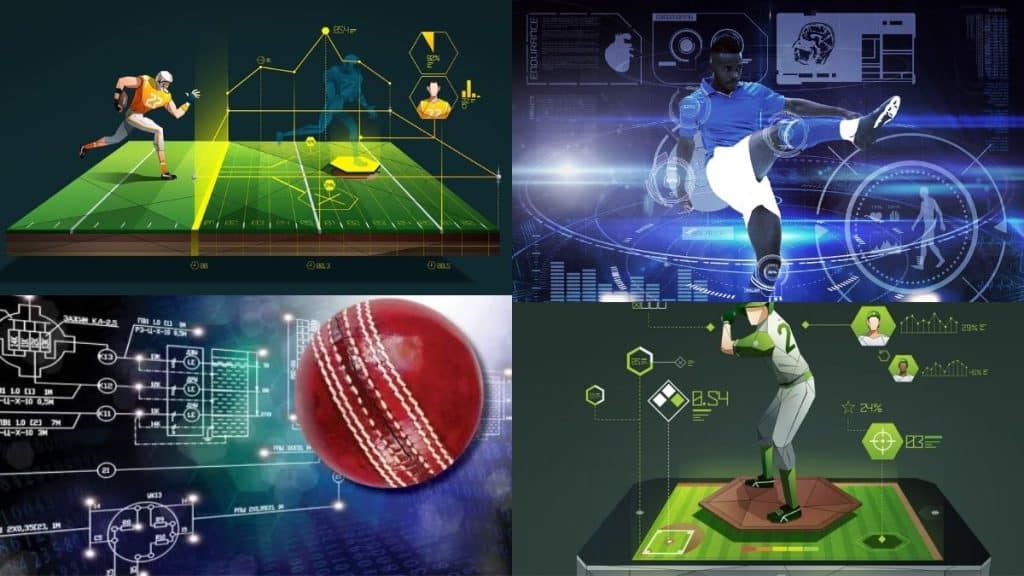The Power and Impact of Sports: A Comprehensive Exploration
The Power and Impact of Sports: A Comprehensive Exploration
Blog Article

Sports have always held a significant place in human society, transcending geographical, cultural, and socio-economic boundaries. From ancient times to the modern era, sports have been an integral part of human life, offering not only entertainment but also profound social, psychological, and physical benefits.
more info :sportmediaset In this comprehensive exploration, we delve into the multifaceted world of sports, examining its historical significance, cultural implications, socio-economic aspects, psychological effects, and the role it plays in shaping individual lives and societies.
Historical Significance of Sports: The roots of sports can be traced back to ancient civilizations, where physical competitions were an essential part of rituals, festivities, and social gatherings. Ancient Greece, for instance, fostered the Olympic Games, which not only showcased physical prowess but also promoted unity among city-states. Similarly, civilizations like the Mayans and the Egyptians had their own sporting traditions, reflecting the universal appeal of athletic endeavors throughout history. Over time, sports evolved, becoming organized events with rules, regulations, and professional athletes, shaping the modern sporting landscape we see today.
Cultural Implications of Sports: Sports serve as a reflection of cultural values, traditions, and identities, influencing how societies perceive themselves and others. Different regions of the world have their own unique sporting traditions, ranging from football in Europe to cricket in South Asia, from baseball in the Americas to rugby in Oceania. These sports not only entertain but also serve as sources of national pride, bringing people together and fostering a sense of belonging. Moreover, sports have the power to break down barriers and promote cultural exchange, as seen in international sporting events like the FIFA World Cup and the Olympics, where athletes from diverse backgrounds come together to compete and celebrate the spirit of sportsmanship.
Socio-Economic Aspects of Sports: The world of sports is not just about games and competitions; it is also a multi-billion-dollar industry with far-reaching socio-economic implications. Professional sports leagues, endorsements, broadcasting rights, sponsorships, and merchandising generate substantial revenue streams, driving economic growth and creating employment opportunities. Moreover, sports infrastructure development, such as stadiums, training facilities, and sports academies, contributes to urban development and tourism. However, the commercialization of sports also raises concerns about inequality, exploitation of athletes, and the prioritization of profit over fair play and sportsmanship.
Psychological Effects of Sports: The psychological impact of sports extends beyond the playing field, influencing mental health, well-being, and personal development. Participation in sports has been linked to improved self-esteem, resilience, and stress management skills, as individuals learn to cope with challenges and setbacks. Moreover, sports provide a sense of purpose, camaraderie, and belonging, particularly for young people, helping them develop social skills and build positive relationships. Additionally, sports offer opportunities for personal growth and self-discovery, as individuals push their limits, overcome obstacles, and achieve their goals, fostering a sense of accomplishment and fulfillment.
The Role of Sports in Shaping Lives and Societies: Sports have the power to inspire, motivate, and transform lives, serving as a catalyst for social change and progress. Athletes often become role models and symbols of aspiration, demonstrating the values of dedication, discipline, and perseverance. Moreover, sports serve as platforms for advocating social causes, raising awareness about issues such as equality, inclusion, and environmental sustainability. Through initiatives like sports diplomacy and community outreach programs, sports contribute to peace-building efforts, promoting dialogue, understanding, and cooperation across borders. Furthermore, sports offer opportunities for social mobility and empowerment, particularly for marginalized communities, providing avenues for education, employment, and leadership development.
Conclusion: In conclusion, sports are much more than mere games; they are a reflection of human endeavor, resilience, and passion. From ancient rituals to modern-day competitions, sports have been an integral part of human culture, shaping societies and individuals in profound ways. As we continue to celebrate the power of sports, it is essential to recognize and harness its potential for positive change, fostering inclusivity, equality, and well-being for all. Whether on the field, in the stands, or behind the scenes, let us embrace the spirit of sportsmanship and solidarity, realizing the transformative impact of sports on our lives and our world.